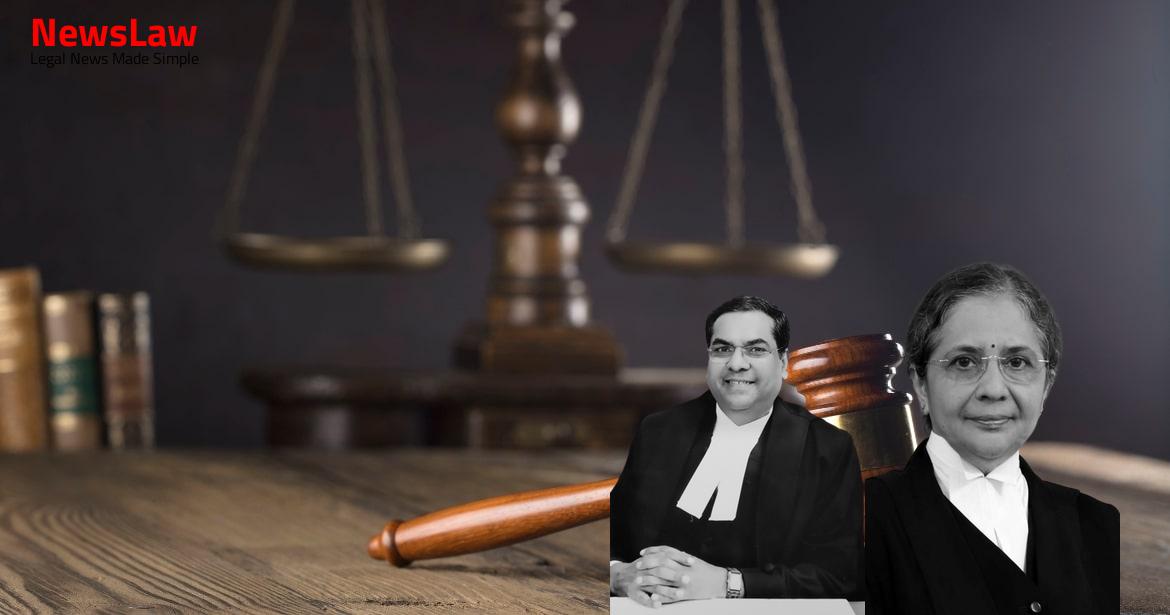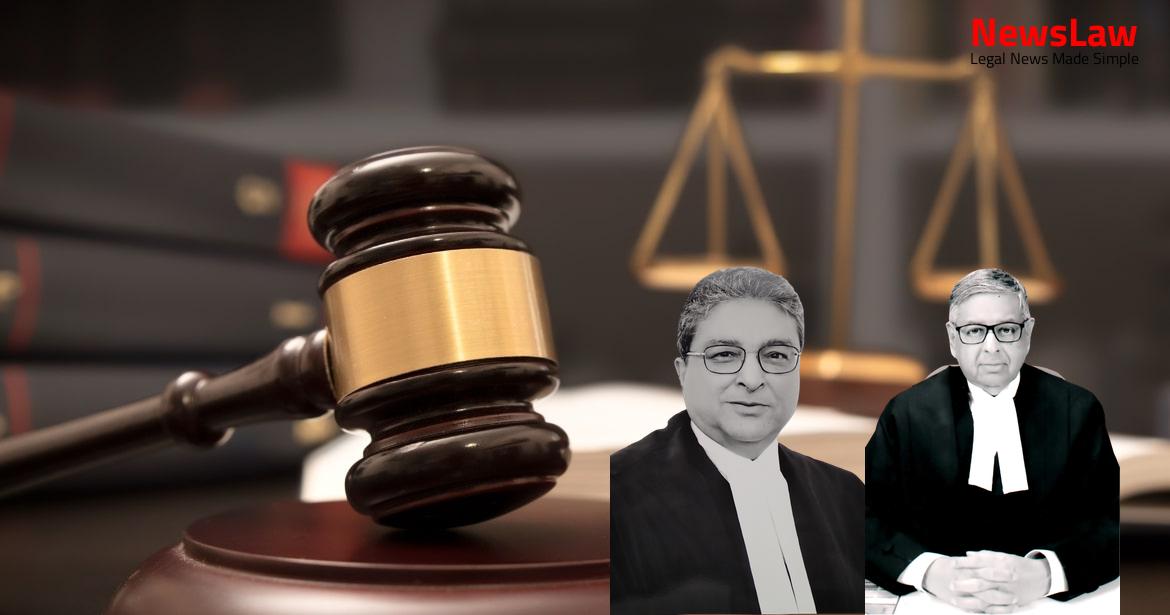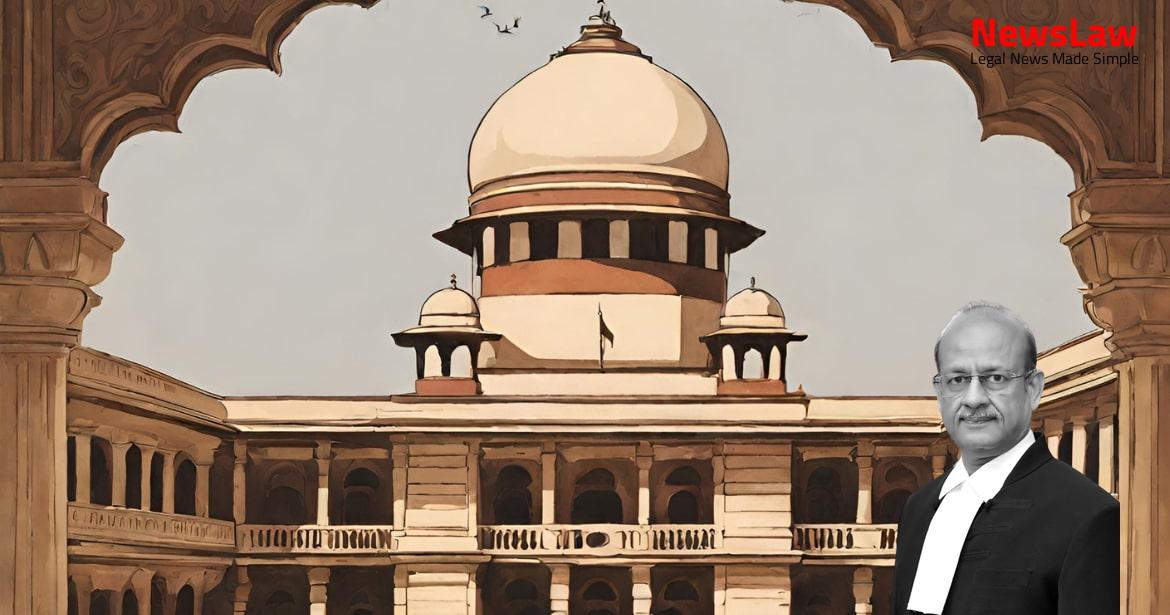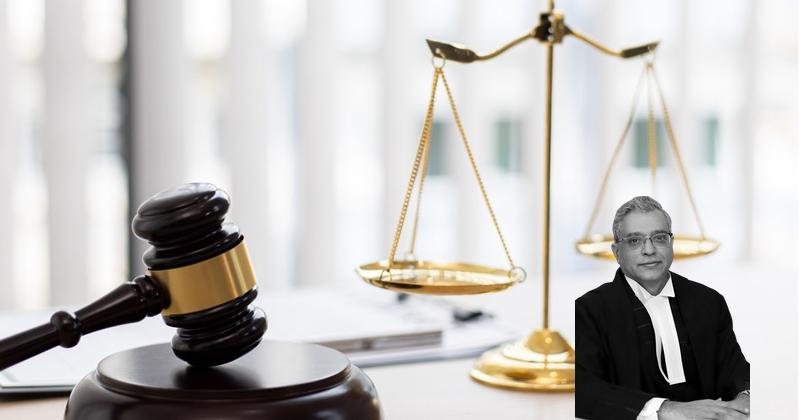Explore the nuanced application of common intention under Section 34 IPC through a recent court judgment emphasizing the need for a pre-arranged plan and a meeting of minds among co-perpetrators. The analysis focuses on the shared intent required for criminal liability, differentiating between direct participation, instigation, and aiding in the offense. Discover how the court’s legal analysis shapes the outcome of the case, highlighting the importance of establishing a community of purpose among the accused for a conviction based on common intention.
Arguments
- Krishnamurthy has been rightly convicted under Sections 302, 447, 504, 506 and 341 of the IPC.
- Testimonies of eyewitnesses implicate Krishnamurthy as the perpetrator who assaulted the deceased-Venkatarama after he had fallen down.
- Reservations exist in entirely relying upon the depositions of Dullaiah (PW-6) and Dodda Narasimha (PW-7).
Also Read: Analysis of Bail Conditions in Criminal Appeal No. INSC 48/2024
Analysis
- The principle of common intention under Section 34 IPC requires a pre-arranged plan or meeting of minds of all accused to commit the offense.
- For common intention, there should be a community of purpose and a pre-arranged plan, which must be established before the commission of the crime.
- Section 34 IPC makes co-perpetrators equally liable for the offense if there was a common intention between them.
- Only proven acts done in furtherance of common intention can implicate the co-perpetrators under Section 34 IPC.
- Involvement in the crime can be through direct participation, instigation, facilitation, or aiding in the execution of the offense.
- Factors determining common intention include physical presence during the act, the nature of injuries inflicted, roles attributed to each accused, and the shared intent to commit the crime.
- Individual liability is based on personal culpability unless a common intention is shared with others through a prior concert.
- The offense committed must be in furtherance of the common intention of the participants for Section 34 IPC to apply.
- Co-perpetrators need to be physically present and not dissuaded from the criminal act to be held liable under Section 34 IPC.
- When a person is assaulted by a number of accused, the “ultimate criminal act” normally constitutes the offence which finally results in death, simple hurt, grievous hurt, etc.
- The appeal cannot be decided based on the evidence and material from separate proceedings against juvenile ‘A’.
- Juvenile ‘A’ being acquitted does not entitle the appellants to acquittal based on parity.
- Sections 40 to 44 of the Evidence Act, 1872 reject the contention of acquittal based on juvenile ‘A’s acquittal.
- The appeal is based on evidence from the chargesheet in question, not on the proceedings against juvenile ‘A’.
- The appellants cannot be held guilty under Section 300 or 299 of the IPC for sharing common intention under Section 34 IPC.
- Conviction is converted to Section 323 read with Section 34 IPC with a maximum sentence of one year.
- The conviction of Thimmappa and Gopala for individual offences under Sections 447, 504, 506, and 341 IPC is upheld.
- Sentences imposed for the aforementioned sections are up to three years of rigorous imprisonment and fine with default stipulations.
- Judgments other than those in Sections 40 to 42 are irrelevant unless they are directly related to the fact in issue or relevant under another provision of the Evidence Act.
- No justification for imposing conditions beyond the scope of relevance.
Also Read: Conviction Upheld for Murder and Concealment of Body
Decision
- Krishnamurthy’s sentence modified to life imprisonment.
- Thimmappa and Gopala, who are on bail, must surrender within one month.
- Appeal partly allowed in terms stated.
- Appellants entitled to benefit of Section 428 of the Code of Criminal Procedure, 1973.
- Direction that life imprisonment is till natural life and no premature release set aside.
- Sentences of appellants to run concurrently.
- Police will take coercive steps for arrest if Thimmappa and Gopala do not surrender.
Also Read: 1991 Decree Invalid: No Determination of Rights in Property Dispute
Case Title: KRISHNA MURTHY @ GUNODU Vs. THE STATE OF KARNATAKA (2022 INSC 190)
Case Number: Crl.A. No.-000288-000288 / 2022



